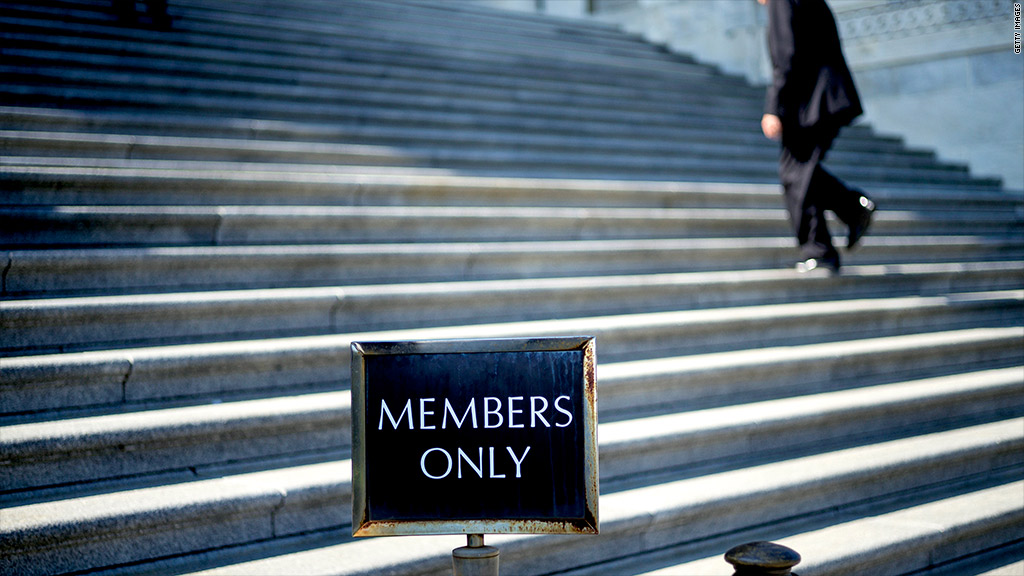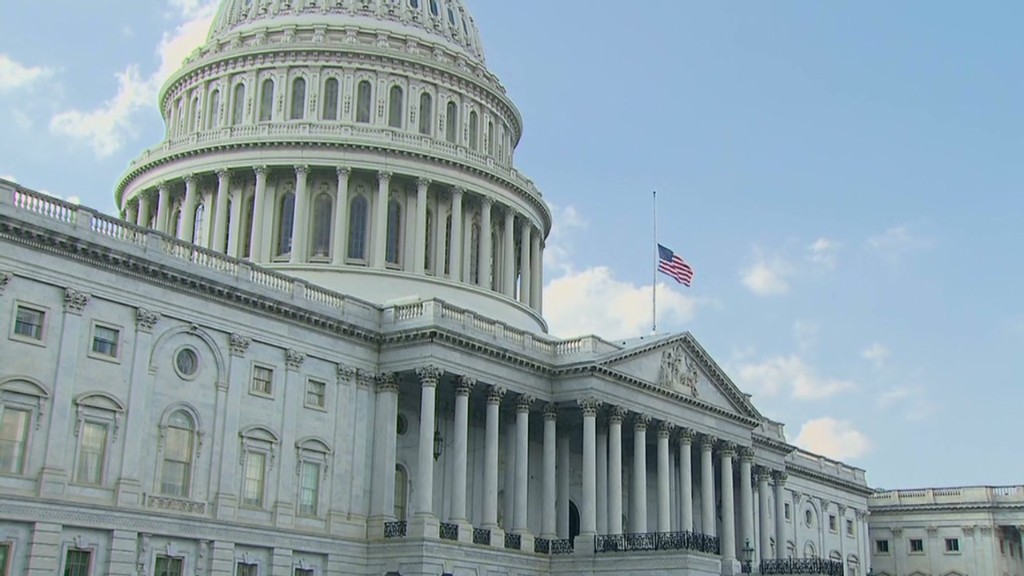
For a time, I worked internationally giving governments technical advice on their budgets. Imagine: An American giving advice to other countries on how to budget. No wonder they didn't pay any attention to me.
Many poor countries face a debt limit. It is not because they have a stupid law like ours that doesn't allow them to pay for spending they have already authorized. They are limited because at some point international capital markets will refuse to lend to them at reasonable interest rates. Potential investors are not sure they will ever be repaid.
Often, countries facing such limits do not want to admit it. They prepare a budget using highly optimistic economic assumptions that imply a balanced budget. That way they can postpone the need to limit spending or raise taxes.
When the promised revenues do not appear, however, they are in big trouble.
Twenty years ago, Ukraine faced such an extreme situation that the government could only spend in a day what it took in the same day.
So every morning Ukraine's minister of finance would meet with his colleagues and decide whose bills to pay and whose not to pay.
It was not a pretty picture.
Egypt, under Hosni Mubarak, did not face quite as extreme a situation. However, the country often could not pay all its bills.

It is not that uncommon for poor countries to have unpaid bills. Then, officials are tempted to pay the bills of their political friends and forget the bills of their political enemies.
Related: 4 ways debt ceiling crisis could affect you
The United States isn't Ukraine or Egypt. But if Congress does not increase its debt limit, we will find ourselves in a fiscal mess of our own making.
To avoid a formal default, we will likely continue to pay interest on old debt. And lacking the ability to borrow more, the Treasury Department could pay bills and make other payments only when it collected sufficient revenues from taxpayers and other sources.
The House has passed a bill that would set priorities among the government's creditors, such as ensuring that Social Security recipients get paid on time.
But the Bipartisan Policy Center has cast doubt on this strategy. It believes that it would take a very long time to reprogram government computers to make payments consistent with specific priorities.
The BPC thinks it is more practical to put bills and other required payments in a queue as they become due, then pay them when the needed funds become available.
Unfortunately, payment delays would lengthen very rapidly. Hopefully the process would remain free of political favoritism and corruption.
But as the United States starts down the road toward third-world budgeting practices, who knows what will happen next?
Rudolph G. Penner is an Institute Fellow at the Urban Institute and a former director of the Congressional Budget Office.


